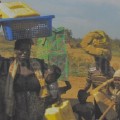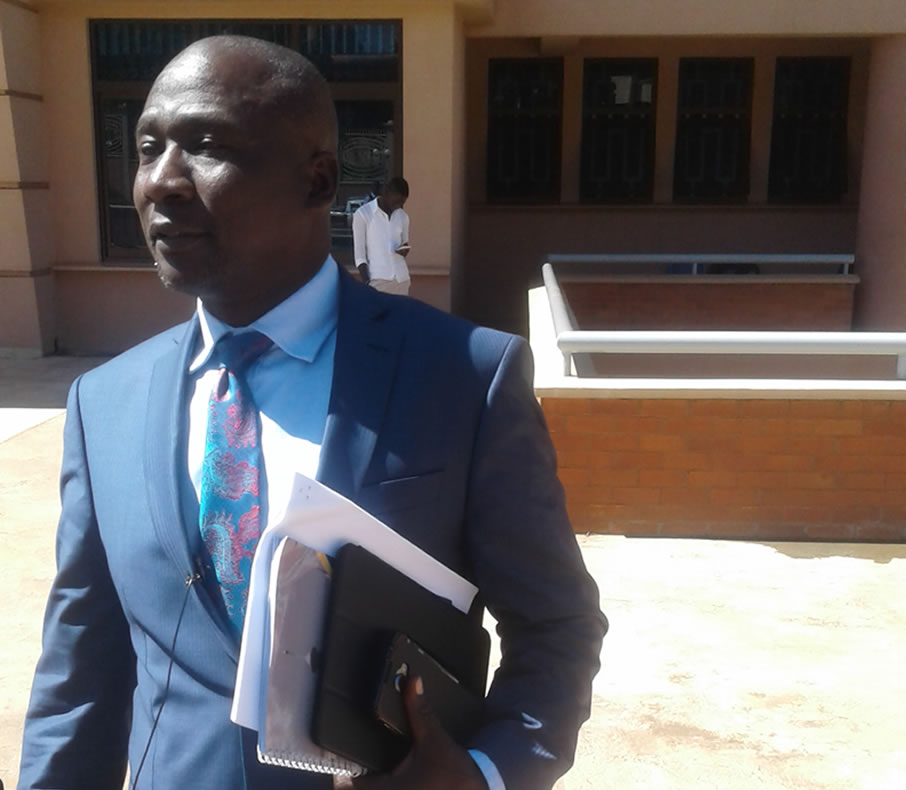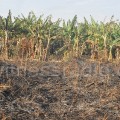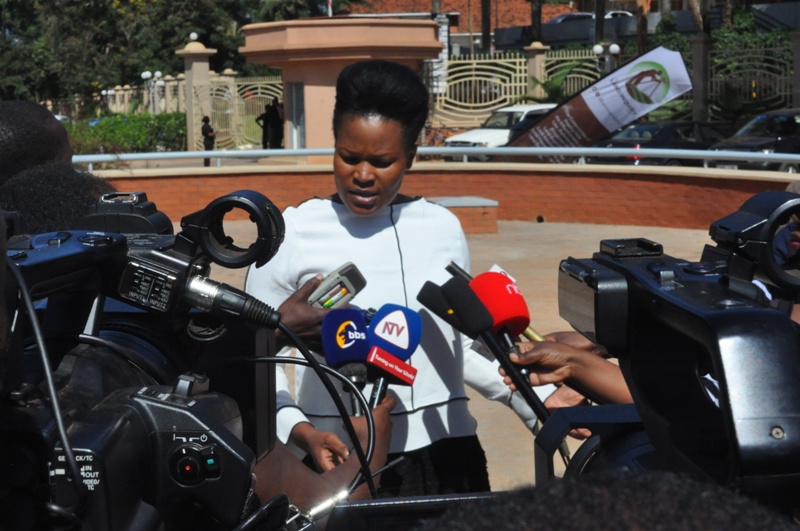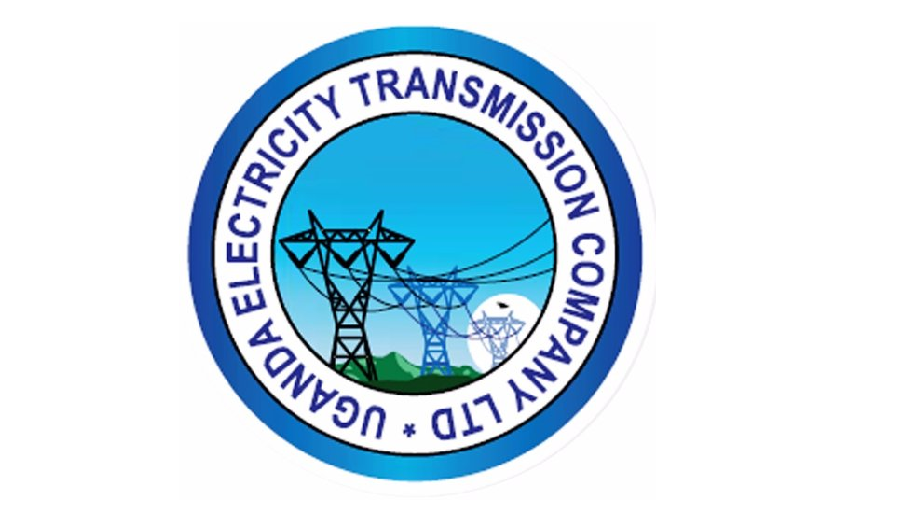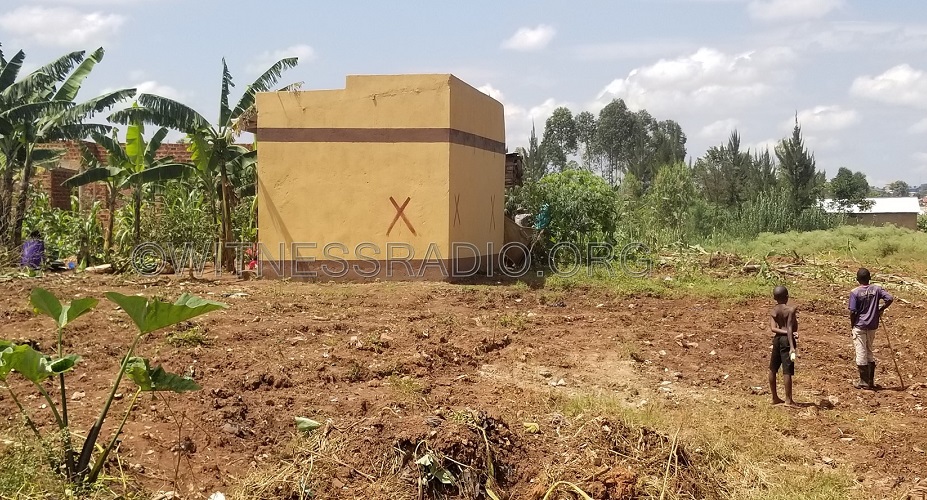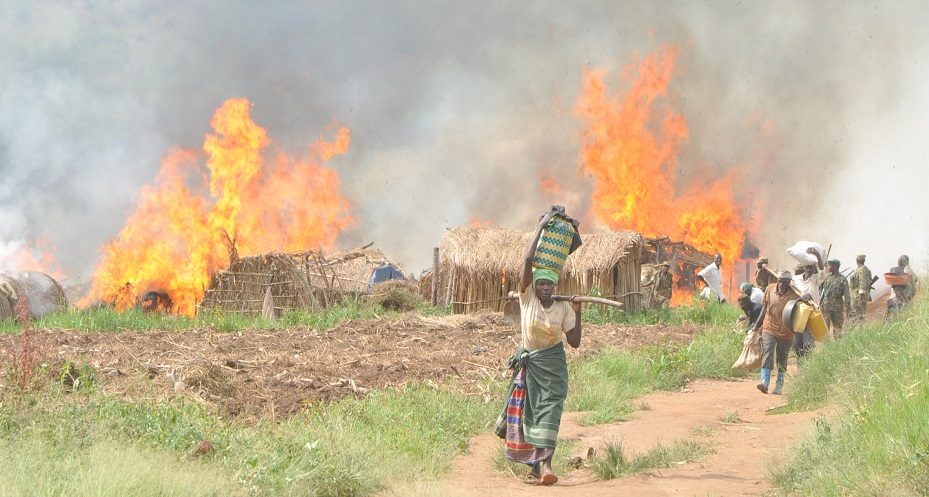By the dedicated efforts of the Witness Radio team.
The Witness Radio team has documented nearly 60 cases of arrest, detention, and prosecution targeting activists protesting the East African Crude Oil Pipeline (EACOP) since January 2025.
The $5 billion EACOP project, led by TotalEnergies and its partners, involves the construction of a 1,444km heated pipeline from Hoima in Uganda to Tanga in Tanzania. This pipeline, which will transport crude oil from the Tilenga and Kingfisher fields, has been a subject of controversy due to its potential environmental and social impacts.
As activism against the EACOP Project grows in Uganda, youth activists leading the cause face strong resistance from the government and its agents, who are pushing for the development of oil activities, including EACOP. Their bravery in the face of such adversity is truly inspiring.
The activists have continuously been suppressed and weakened with torture, unlawful arrests, and prolonged detentions accompanied by unscrupulous charges. The injustice they face is a call for empathy from all who hear their story.
The latest incident happened on Friday, August 1, 2025, when the police brutally arrested 12 environmental activists at Stanbic Bank Headquarters in Kampala. The urgency of the situation is apparent, as the activists were protesting against the bank’s financing of the EACOP project.
On March 26, 2025, EACOP Ltd., the company in charge of the construction and future operation of the EACOP project, announced new project financing from regional banks such as Stanbic Bank Uganda Limited, KCB Bank Uganda, African Export-Import Bank (Afreximbank), the Standard Bank of South Africa Limited, and the Islamic Corporation for the Development of the Private Sector (ICD). The announcement sparked widespread alarm and outcry, with activists urging the banks to immediately withdraw their support and halt the financing of the project.
These activists, individuals from Civil Society Organisations (CSOs) and environmental enthusiasts, strongly oppose the implementation of the EACOP project. They cite its harmful effects, including the displacement of thousands of people, damage to sensitive ecosystems, a threat to water resources, and exacerbating climate change mainly through carbon emissions. They argue that the short-term economic benefits do not justify these long-term consequences.
In doing their work, they have ended up in the hands of the authorities with numerous charges slapped against them. The latest remandees include Teopista Nakyambade, Shammy Nalwadda, Dorothy Asio, Shafik Kalyango, Habibu Nalungu, Noah Kafiiti, Ismael Zziwa, Ivan Wamboga, Akram Katende, Baker Tamale, Keisha Ali, and Mark Makobe.
On the same day of their arrest, the victims were arraigned before the Buganda Road Chief Magistrate Winnie Nankya, who charged them with common nuisance. She later remanded them to Luzira prison until August 18, 2025.
Section 160 of the Penal Code Act, Cap 120 states that a person convicted of common nuisance faces a one-year imprisonment.
In response, the Stanbic Bank manager for corporate communications, Mr. Kenneth Agutamba, confirmed that the bank is financing the EACOP project, justifying that it aligns with and balances environmental sustainability and economic development in the country.
Ever since this year started, Witness Radio has documented 56 cases of arrests and illegal detentions of EACOP activists, with most of them being charged with common nuisance. Below is a chronology of these incidents as they happened.
| Date |
Incident |
Charge |
| 26th Feb. 2025 |
11 activists were arrested while marching to the European Union offices deliver a petition concerning TotalEnergies’ involvement in harmful fossil fuels in Uganda. |
Common nuisance |
| 19th Mar. 2025 |
4 activists were arrested while marching to the Parliament of Uganda to deliver a petition to the speaker, Anita Annet Among, in protest of the ongoing construction of the EACOP Project. |
Common nuisance |
| 2nd April, 2025 |
9 activists were arrested while marching to Stanbic bank offices. |
Common nuisance |
| 23rd of April, 2025 |
A group of 11 activists were arrested as peacefully went to deliver a petition to KCB Uganda offices challenging its will to fund the EACOP project. |
Criminal trespass. |
| 21 May 2025 |
9 activists arrested while protesting KCB financing of the EACOP |
Common nuisance. |
| 1 Aug. 2025. |
12 activists arrested for protesting the Stanbic bank funding. |
common nuisance |
According to Witness Radio’s special report, “Activism on Trial: Despite the increasing repressive measures, Uganda’s EACOP Protesters are achieving unexpected victories in the country’s justice systems,” released last month, a case review revealed that while Uganda’s justice system is being used to suppress the activities of youth activists opposing the EACOP project, many of these cases have lacked merit and were ultimately dismissed.
The report found that none of the activists had been convicted, though they continue to face prolonged court processes marked by repeated adjournments. “Of a sample of 20 documented cases since 2022 involving the arrest of over 180 activists, 9 case files have either been dismissed by the courts or closed by the police due to lack of prosecution, another signal indicating the relevance and legitimacy of their work, while 11 cases remain ongoing,” the report noted.
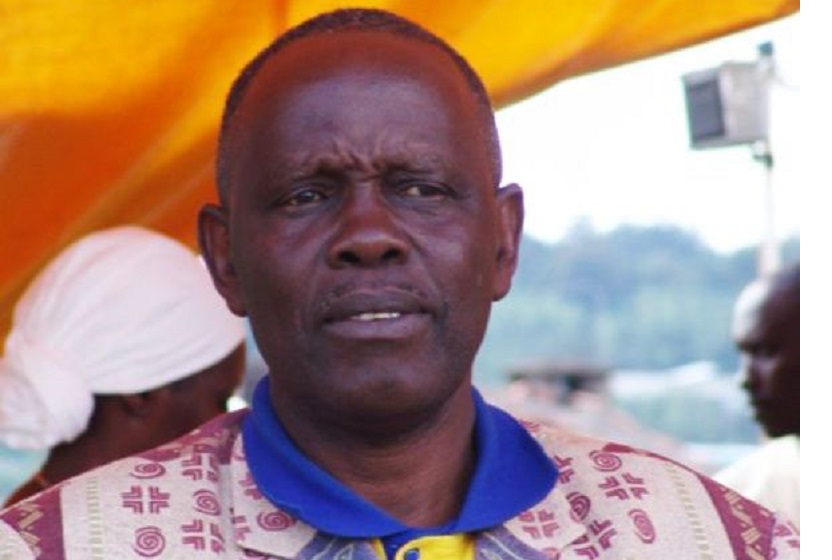
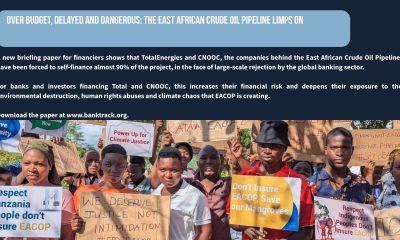
 MEDIA FOR CHANGE NETWORK1 week ago
MEDIA FOR CHANGE NETWORK1 week ago
 MEDIA FOR CHANGE NETWORK2 weeks ago
MEDIA FOR CHANGE NETWORK2 weeks ago
 NGO WORK2 weeks ago
NGO WORK2 weeks ago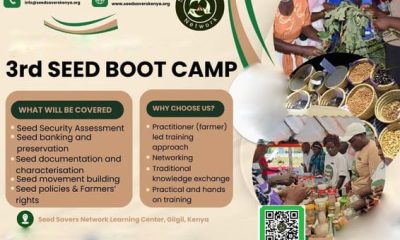
 MEDIA FOR CHANGE NETWORK4 days ago
MEDIA FOR CHANGE NETWORK4 days ago
 MEDIA FOR CHANGE NETWORK5 days ago
MEDIA FOR CHANGE NETWORK5 days ago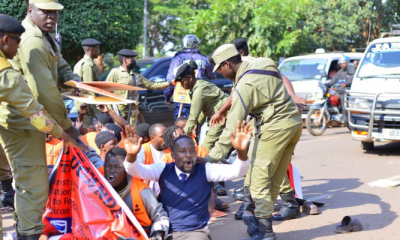
 MEDIA FOR CHANGE NETWORK1 week ago
MEDIA FOR CHANGE NETWORK1 week ago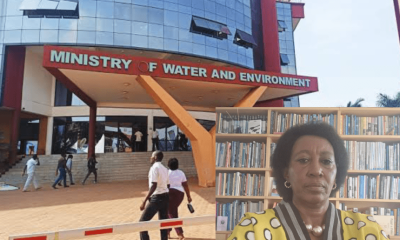
 MEDIA FOR CHANGE NETWORK1 week ago
MEDIA FOR CHANGE NETWORK1 week ago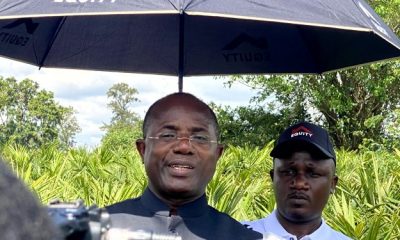
 MEDIA FOR CHANGE NETWORK2 weeks ago
MEDIA FOR CHANGE NETWORK2 weeks ago

